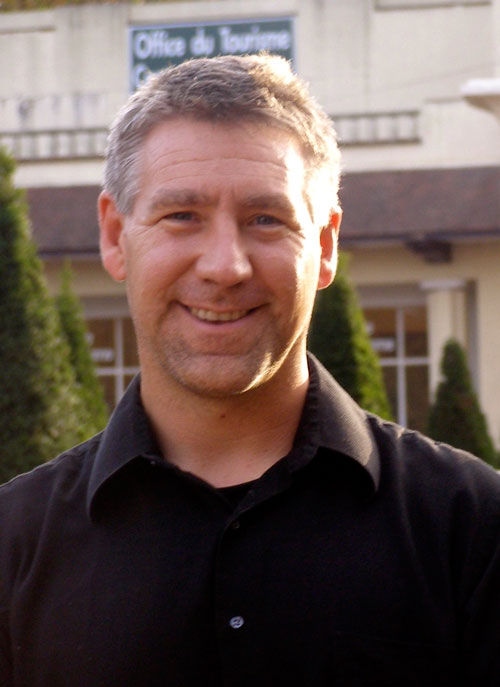Long-Term Athlete Development: From Cradle to Grave with Dr. Joe Eisenmann
/Welcome to a new era for the Volt Sport Performance Blog. Until now, we have focused largely on the high school, collegiate and adult recreational athlete. Given the concerns of both youth fitness and youth sports (i.e., early specialization, etc.), we want to begin addressing matters of long-term athlete development or LTAD.
On that note, I am excited to announce that we are partnering with Joe Eisenmann, PhD, a well-respected and accomplished scholar in pediatric exercise science, youth athletic development, and sports science. Dr. Eisenmann will be writing a regular blog that focuses on LTAD, or as he likes to say “from cradle to grave.” He will also be advising Volt’s Sport Performance team on sports science and data analytics. Please join me in welcoming Dr. Eisenmann to the #VoltFamily!
— Dan Giuliani, CEO and Co-Founder, Volt Athletics
About Joe Eisenmann, PhD
Thanks for the introduction and warm welcome into the Volt Family. I’m excited to share my 25+ years of experience as a university professor, researcher, sport scientist, and coach (both strength & conditioning and sport coach). I will not bore you on the number of publications, etc. If you are interested, you can learn more about me on LinkedIn and GoogleScolar.
From University Researcher to Knowledge Translator
There are many barriers that can prevent the transfer of knowledge from the lab to the weight room—that's where a knowledge translator is needed!
My days as a university researcher are probably behind me. At this time in my career, I am most interested in being a knowledge broker, a knowledge translator, an intellectual middleman—and most importantly, an implementer of best practices in youth sports and sports science.
I first picked up on the terms “knowledge broker” and “intellectual middleman” in Adam Grant’s book Originals, and then in Smarter, Faster, Better by Charles Duhigg. Basically, one can argue that most “original” ideas grow out of old concepts and the building blocks of new ideas are often embodied in existing knowledge. In a related sense, the knowledge translator has the capability of translating science into practice, or taking a scientific paper from a journal and explaining research findings or scientific principles to the layperson. Again, at this time in my career I believe that we have the knowledge—we know what to do, the research has been conducted, and it is now a matter of synthesizing this knowledge and translating for our readers.
Overview of the LTAD Series
A long-term plan is key for athlete health and performance.
This brings me to the LTAD blog series that I’ll be writing over the next several months. The purpose of the series is to inform and educate the reader and hopefully provide motivation and insight into how to implement strategies to help young people realize their full athletic potential and utilize sport as a path toward an active and healthy lifestyle.
The first blog will define LTAD and provide a history of LTAD—you will quickly recognize that the contemporary buzz term has been around for a long time (think Ancient Greece). I’ll continue introducing the reader to various models and principles of LTAD, including efforts in the United States where we call it the American Development Model or ADM. There are several other excellent examples from around the world that I will bring to your attention as well.
The next few short articles will focus on physical literacy and quality coaching—both essential elements to LTAD. Thereafter, the challenges of implementation need to be addressed. Finally, I want to cover some of the specifics of growth and maturation of the child and adolescent and how this impacts physical performance and health.
Now this is the initial outline—and I have been known to chase squirrels once in a while! I also want to maintain the flexibility to bring you breaking news on hot topics and also listen to your needs as coaches, sport leaders, sport parents, and others who help cultivate the path for young people. Please feel free to comment or reach out to me about topics of interest. I look forward to sharing my experiences, thoughts, and what is known from the research on this topic and more.
“It is easier to build strong children than to repair broken men. ”
Join hundreds of thousands of coaches and athletes using Volt's intelligent training system. For more information, click here.
Learn more about Dr. Eisenmann | @Joe_Eisenmann











